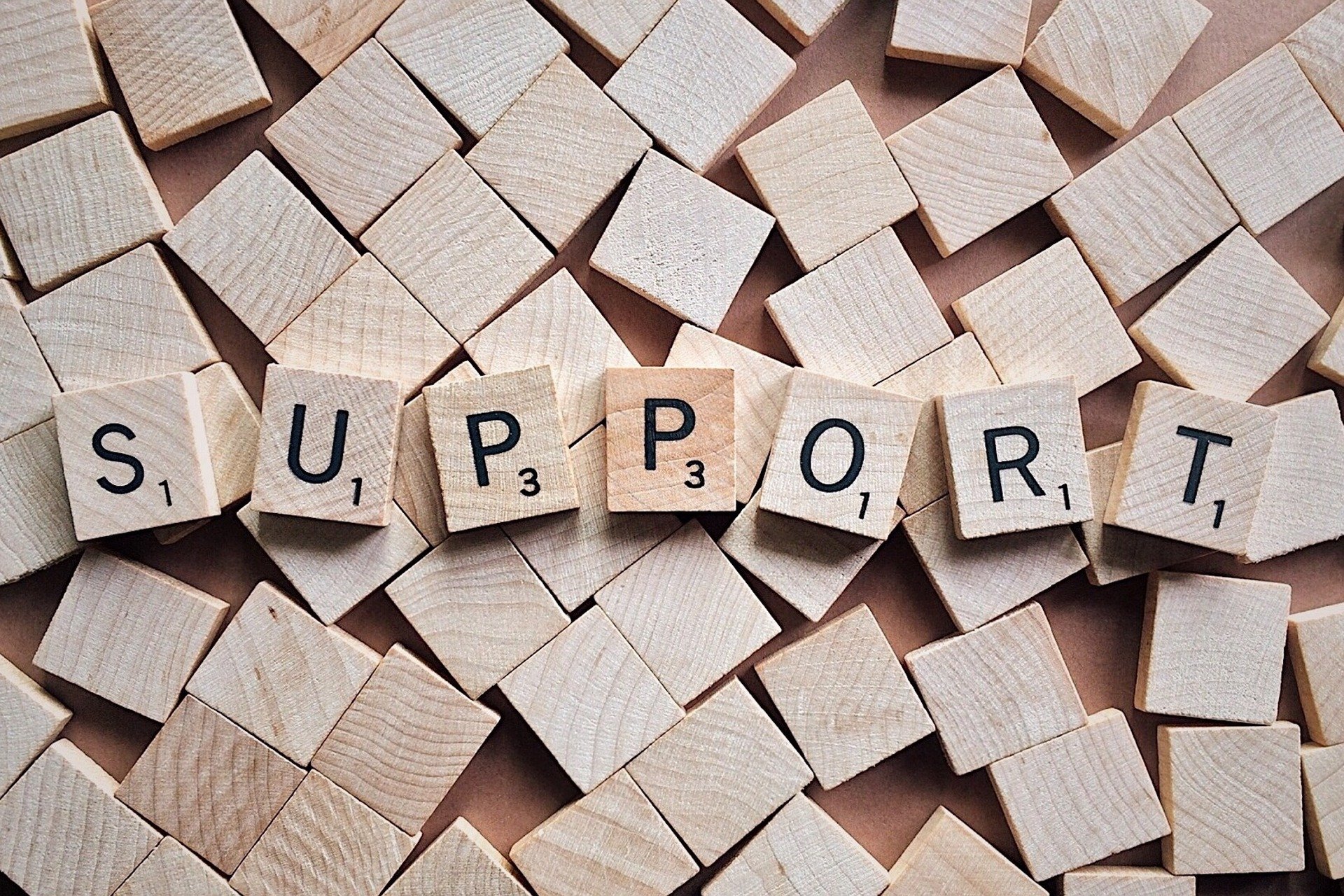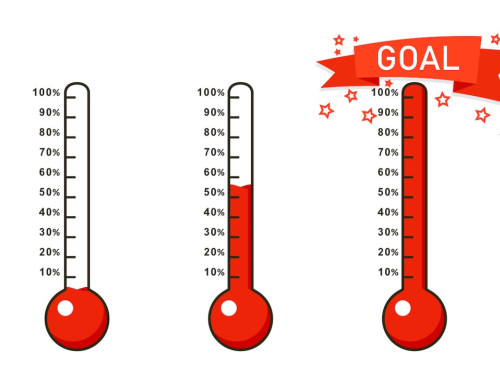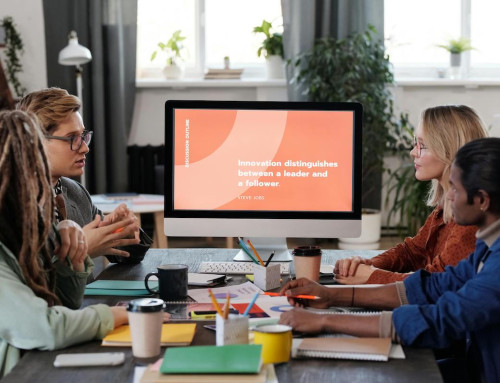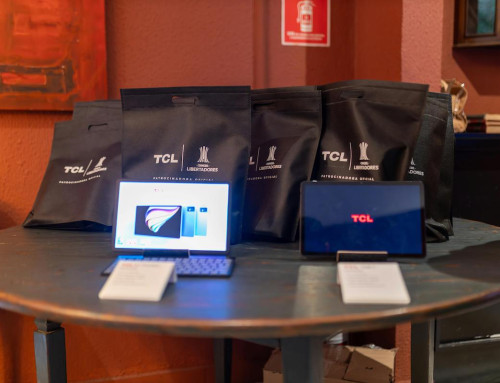Mapping the journey from students to alumni – what does that look like and how is it best achieved?
The second conference in the series discussed the journey that alumni take and how institutions might best support them and their students, highlighting the value of alumni relations programmes in the education sector.
Christine Fairchild, Director of Alumni Relations at the University of Oxford, UK suggested that the transition from student to alumni really marked the beginning of the alumni relationship. However, she also noted that students can also begin receiving advice, mentoring and support before they even become students at the university. She described it as “a lovely slow build to this relationship journey”.
Students are more aware now that they are joining a whole community. A community that will be with them for life.
Erica Arroyo, Associate Vice President of Engagement at the University of Miami, USA initially had only one member of staff at the university who was tasked with administrating the student to alumni transition period. Now she has a Family Relations Team as well as an Annual Giving Team to assist with this transition. These teams also have a great relationship with the university’s careers department as well as Student Affairs. This means that Erica and her teams can maintain alignment across campus and attend to the needs of their alumni more effectively.
Erica noted that a lot of the university’s students also had very strong social media circles. This means that they had the potential to be great ambassadors for the university and its Alumni relations programmes. The transition teams identify these students early on in their journey.
Other strategies deployed by the University of Miami were creating alumni ‘personas’ and creating events and engaging content to suit them. One such strategy was that of targeting ‘legacy alumni’. Legacy alumni are the children and grandchildren of current university alumni. This has proved to be a great way of strengthening the relationship between alumni families and the university. Getting children interested in the institution with various touchpoints such as guided tours and events showed that an affinity with the institution was built from a young age. However, focussing on alumni ‘personas’ was not the only solution.
It was noted that companies like Amazon were using data to generate a highly personalised approach to their customers and this is a model that, if applied to an institutional framework, would prove to be a much more effective relationship-building strategy. Whilst these strategies work well in the United States, the United Kingdom tends to approach alumni relations differently.
UK universities, more often than not, will try to attract people from more disadvantaged backgrounds and therefore group alumni associations around that particular demographic.
Miami University’s alumni transition teams are currently engaging with students over the entire course of their university life and Erica noted that the students almost become “Alumni in training”. They have introduced various different programmes throughout their university life to ensure rounded engagement. Unfortunately, the COVID-19 pandemic has forced the university to rewrite their approach to building these relationships, but whilst the strategies have changed, the goal has always been to ensure that students are encouraged to be part of a community.
During the course of the conference, it was noted that the GDPR laws throughout the UK and Europe make it harder for institutions to maintain contact with their Alumni.
Because of this, a common goal for universities is to increase the percentage of contactable alumni. This is an area where our Aluminate Community Builder platform can really help institutions maintain and dramatically increase engagement with their students and alumni.
Another common discussion topic was the current economic climate brought on by the COVID-19 pandemic. With students graduating into a ‘high alert economy’ and employment rates falling, alumni relations and mentoring programmes are more important than ever.
This is evidenced in our white paper The Effects of Mentoring on Employability.
A study from the Centre for the Study of Higher Education presented by Sarah Banks, Head of Alumni Relations at the University of Melbourne, Australia showed that 95% of participants in its study would be happy to return to the university as a mentor. Sarah also noted that nothing builds loyalty in an institution more than students and alumni knowing that they are supported and in turn, are more willing to support others.
It is clear that the alumni journey begins, or at least can begin from a very young age. Relationships nurtured over long periods of time can lead to much stronger and longer-lasting relationships. Universities must be a key partner to students on their journey to becoming alumni, adding value to their university experience, day by day.
Aluminati was proud to sponsor the Introduction to Advancement Leadership conference, hosted by CASE, which kicked off at the beginning of November with talks covering various topics with panels of industry leaders and experts leading the conversations. Be sure to check out our first article in this series World Class Alumni Relations.
Find out how Aluminati can help supercharge your institution’s alumni relations programmes.





